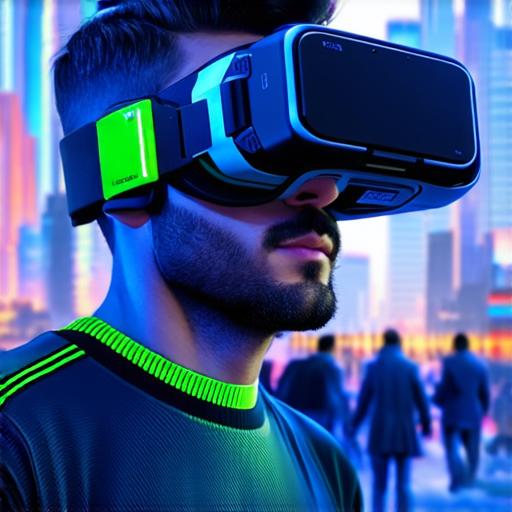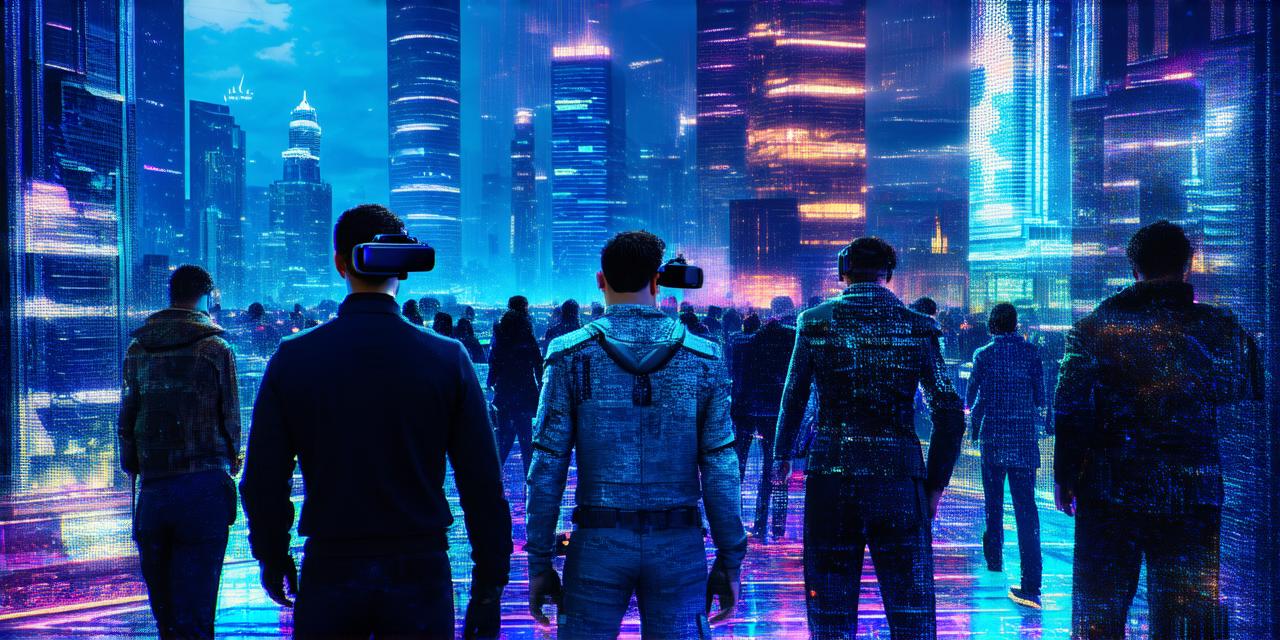Virtual reality (VR) is a technology that simulates an environment or experience that can be interacted with in a seemingly real way using electronic devices. The impact of VR on society has been significant, and it continues to grow as the technology becomes more accessible and affordable.
Education:
Virtual reality can revolutionize the way students learn by providing immersive and interactive experiences that simulate real-world scenarios. With VR, students can explore historical events, visit museums and art galleries, or even travel to distant lands without ever leaving the classroom.
This technology also allows for hands-on training in fields like medicine, engineering, and aviation, providing students with practical experience that cannot be replicated in traditional classroom settings.
Entertainment:
Virtual reality has also had a significant impact on entertainment. VR games and experiences provide players with an immersive and interactive experience that can be difficult to achieve through traditional gaming methods.
Additionally, VR can transport users to different worlds and environments, providing endless possibilities for storytelling and exploration. This technology has opened up new opportunities for film and television production, allowing for more realistic and engaging visual effects.
Healthcare:

Virtual reality has also had a profound impact on healthcare. It can be used for pain management, physical therapy, and even mental health treatments.
By simulating real-world scenarios, VR can provide patients with a safe and controlled environment to practice skills or confront fears. This technology can also help doctors and medical professionals to train in simulated surgical procedures, providing them with the skills and confidence needed to perform complex operations safely.
Business:
Virtual reality is also transforming the way businesses operate. It allows for virtual product demonstrations, enabling customers to experience products in a more realistic and interactive way.
Additionally, VR can be used for remote collaboration, allowing teams to work together in virtual environments without being physically present. This technology can also be used for training employees in simulated workplace scenarios, providing them with the skills and confidence needed to perform their jobs effectively.
In conclusion, virtual reality has had a significant impact on society, transforming the way we learn, entertain ourselves, receive healthcare, and conduct business. As the technology continues to improve and become more accessible, it will undoubtedly have an even greater impact on our daily lives.
